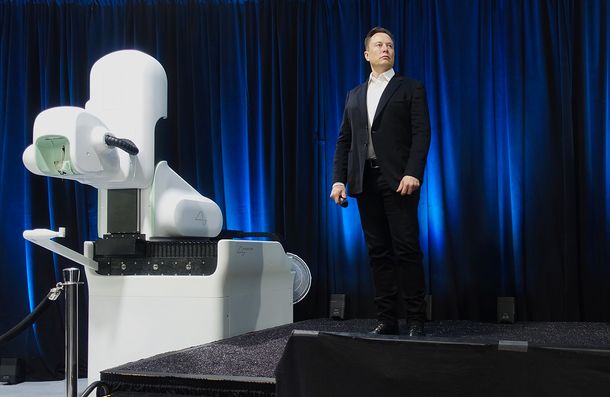Can Elon Musk Really Trademark “Telepathy” and “Telekinesis”?

Elon Musk’s Neuralink is making headlines with its plans to trademark “Telepathy” and “Telekinesis.” But let’s be clear: these aren’t new ideas. They’ve been part of science fiction and human imagination for decades. So, can a company actually own these words? And is Neuralink’s technology as revolutionary as it sounds? Let’s take a closer look.
Neuralink’s Tech: Impressive, But Not Magic
Neuralink’s brain implant, called the “Link,” is designed to help people with paralysis control devices using their thoughts. It’s a significant step forward in medical technology, but it’s not quite telepathy or telekinesis—at least not yet. The technology now focuses on translating brain signals into simple commands, like moving a cursor on a screen. Human trials are still in the early stages, so there’s a long way to go before we’re talking about mind-reading or moving objects with our thoughts.
Can You Trademark Words Like “Telepathy” or “Telekinesis”?
Here’s where things get tricky. Trademarking descriptive words is difficult under U.S. law. Generally, you can’t trademark a word that simply describes what something does—unless it becomes strongly associated with your brand (think “Apple” for computers). Words like “telepathy” and “telekinesis” are inherently descriptive. They’re not unique to Neuralink, and they’ve been part of our cultural vocabulary for a long time.
Neuralink filed these trademarks on an “intent-to-use” basis, meaning they have to show they’re actively developing technology related to these terms. But even if they succeed in registering the trademarks, enforcing them could be challenging. Competitors might argue that these words are too generic or descriptive to be owned by one company.
Big Questions: Ethics and Privacy
If Neuralink ever makes telepathy or telekinesis a reality, it raises serious ethical and legal questions. Who owns the thoughts transmitted through a device? How do we protect mental privacy in a world where brain data could be shared or hacked? These are critical issues that need to be addressed before this kind of technology becomes widespread.
What’s Next for Neuralink?
While Neuralink’s trademark filings are attention-grabbing, they don’t guarantee success. The path from experimental brain implants to functional telepathy or telekinesis is filled with technical, regulatory, and ethical challenges. And even if the technology advances, the legal battle over whether Neuralink can claim exclusive rights to these terms is far from over.
Have questions about trademarks, technology, or the legal side of innovations like Neuralink? KOREJZOVA LEGAL is here to help. Contact us today for expert advice and stay informed about the future of tech and law!
Sources
Text: Romero, Luis E. „Neuralink Seeks ‘Telepathy’ And ‘Telekinesis’—Is Mind Control Next?" Forbes, https://www.forbes.com/sites/luisromero/2025/03/08/neuralink-seeks-telepathy-and-telekinesis-is-mind-control-next/. Viděno 12. březen 2025.
Photo: Steve Jurvetson, CC BY 2.0 <https://creativecommons.org/licenses/by/2.0>, via Wikimedia Commons